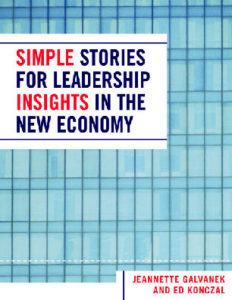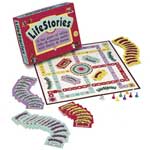I could not disagree more with an article on HR.com by Mel Kleinman entitled, “Just the Facts, Please”. (Free registration may be required to read the article).
Kleinman’s premise is that hiring should be fact-based because “Unlike impressions or gut reactions that might have been caused by what you ate for lunch, fact-based hiring is a form of detective work, a methodical process that when carefully followed inescapably leads you to an accurate conclusion.” (He later contradicts himself by suggesting that conducting a phone interview with a candidate who will be expected to display a good phone manner can result in finding a hire who “leaves a good impression.”
I don’t disagree with Kleinman’s assertion that it’s prudent to gather as many facts about candidates as you can. I also admit that as a person ruled by intuition and emotion, I could never be a fact-based hiring manager.
But the hiring process needs to be at least partly about an emotional connection between candidate and hiring manager — a connection that suggests the job-seeker will fit in with the organization. Kleiman himself asks: “Will this applicant’s personality fit well with the personalities of the job, the manager, the company?” Does he propose to determine this personality fit based solely on facts?
Kleinman notes that it’s much easier to train an employee with a great attitude than to train a “skilled grouch.” Does he really believe that it is through facts that a great attitude is revealed?
Kleinman indicates that it’s useful to ask candidates questions that can be answered with a simple “yes or no.” I cannot imagine not wanting to hear the stories and examples behind such monosyllabic responses, nor would I ever advise a job-seeker to respond with a one-word response.



